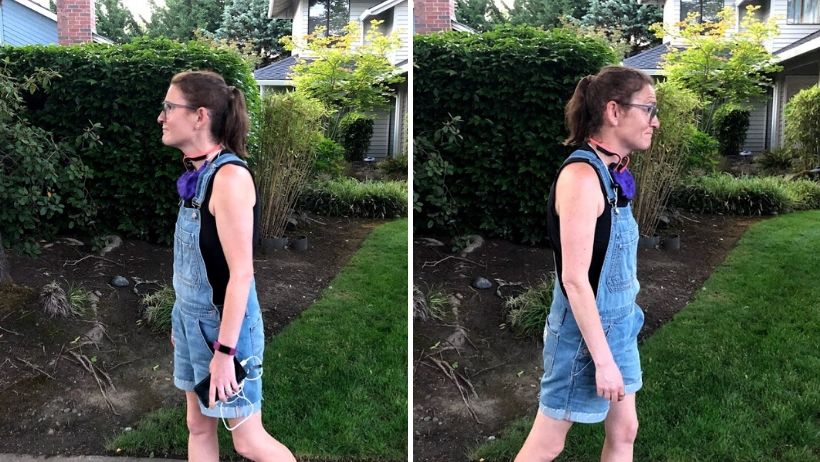As someone who is a poor decision maker, I often find myself second guessing the choices I’ve made. Usually, the bigger the decision, the more doubt I have, even if the decision truly is the right one. My mind always wanders down the path not taken, wondering what would have happened. How would my life have played out differently if any of my major decisions had gone the other way? That’s not to say I’d necessarily change anything if I could. Yes, like most people, I may always have to deal with a little bit of self-doubt, but this type of natural curiosity is also a part of living life.

There also seems to be quite a bit of this “what if” mentality making its way into discussions everywhere as we attempt to battle contagious diseases and racial inequality. Unfortunately, we rarely get to see both sides of the coin. We rarely have the opportunity to see what would have happened under different circumstances, or if different decisions had been made.
Interestingly, our Torah portion this week presents us with such an example. In the Torah, we’ve now reached the point when the Israelites are ever closer to reaching the Promised Land and their own new beginning. Parshat Shlach Lechah, our Torah portion this week, teaches us about the nature of change and the emotions that come with it. The text begins with Moshe sending out twelve men, one from each tribe, to look at the land of Cana’an. As the spies venture out, one can imagine Moshe standing and watching them fade into the distance, hoping they’ll come back with a positive report. Like any parent or teacher, he knows they might be nervous or scared, and he hopes that they represent their community with good faith and integrity.
After the spies come back and share a horrific accounting, we hear the people’s response to the entire situation. “All the Israelites railed against Moses and Aaron. ‘If only we had died in the land of Egypt,’ the whole community shouted at them, ‘or if only we might die in this wilderness!’” This in turn leads to a series of “why.” Why did God do this? Why are we here? Why didn’t we stay in Egypt? In other words, if only we’d done this differently, maybe we wouldn’t be hungry or scared.
Typically we ask the “if only” questions when we feel a sense of helplessness or inadequacy. We often use it as a coping mechanism for our inability to deal head-on with the problems presenting themselves. Luckily, the Torah continues with the antidote, faith. Also in Parshat Shlach Lecha, two other spies, Joshua and Caleb, offer a much more positive outlook, rooted in good faith and a sense of hope in the possibility of a brighter future.
It’s human nature to doubt ourselves and wonder what might have happened had we made different choices. But as humans, we also have the ability to trust in ourselves, to consciously let go of the “what ifs,” and to live in the present and put faith in God and each other. We are resilient, even when it may feel difficult. The key is to open ourselves up to that different interpretation, to give ourselves the opportunity for a second opinion, and to realize that one misstep or bad choice doesn’t decide it all. Perhaps then we can turn our “if onlys” into “even ifs.”
– Rabbi Eve Posen



